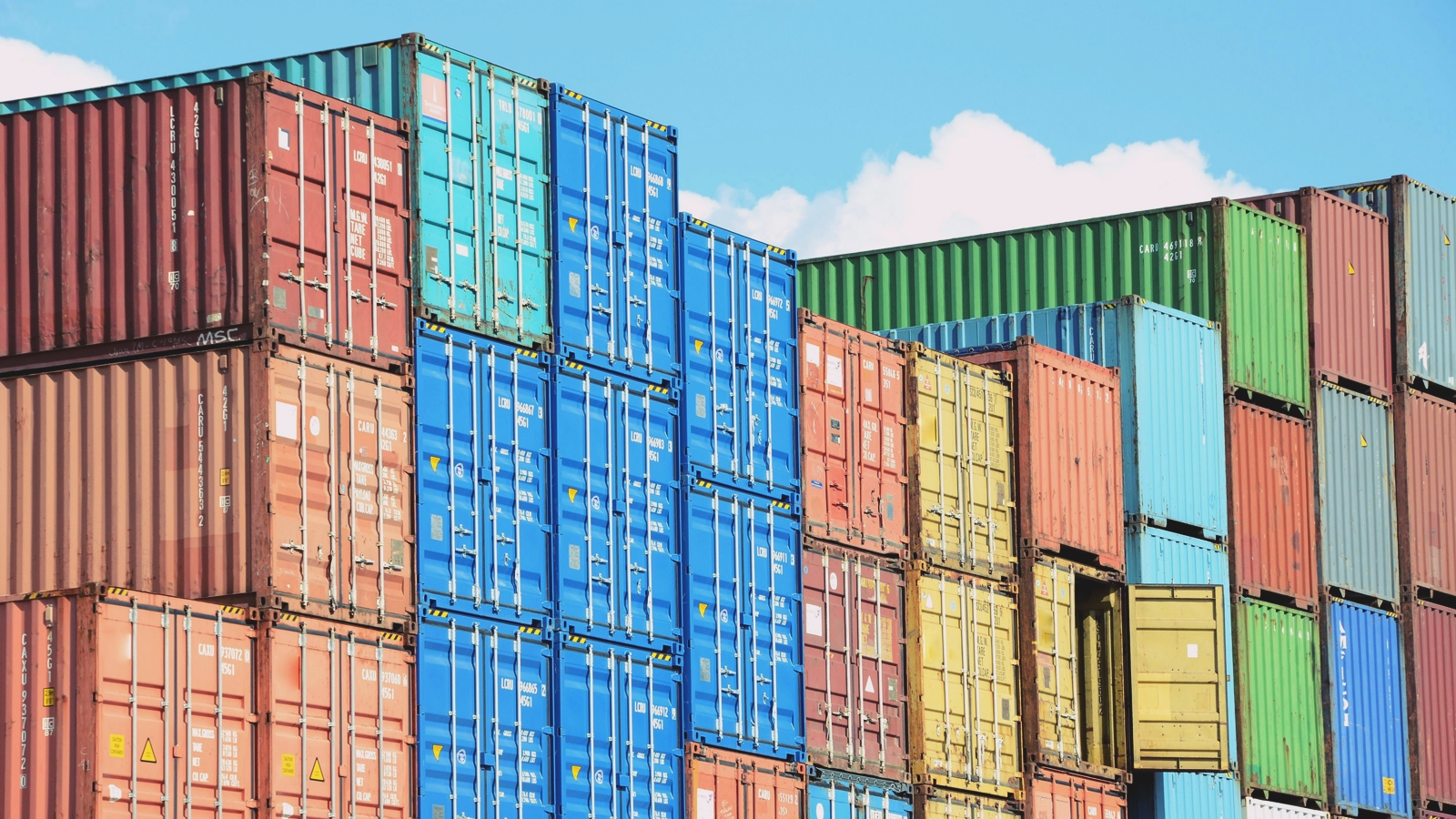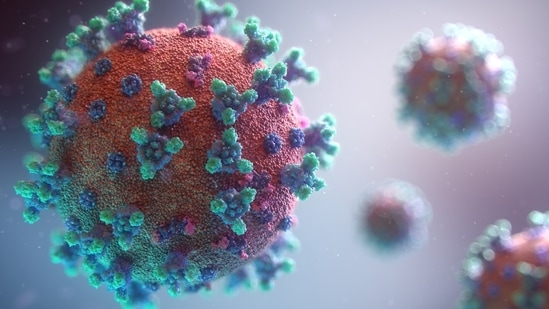
TARIFF HIKES ON CHINESE GOODS AND RED SEA CRISIS ARE FUELLING CONTAINER SHORTAGES, IMPACTING EXPORTERS
As European Union’s 37.6 per cent tariffs on imports of Chinese Electric Vehicles (EVs) kick in from Friday, barely a month before US tariffs are slated to come into effect, India exporters as well as traders globally are hit by unprecedented container shortages.
At a review meeting in the Commerce Ministry last month, exporters brought up concerns of a sudden shortage of containers, pointing at structural weakness that has been hurting Indian goods exports since the COVID-19 pandemic.
Shortages have also resurfaced as voyage time of ships has increased amid the ongoing Red Sea crisis and fresh trade tensions between the US and China. The Indian Express explains why Indian exporters are facing repeated shortages of basic infrastructure for trade.
The trigger for the container crunch
Indian exporters are finding fewer containers for exports amid an increased demand for the steel boxes. This is primarily on account of the demand from Chinese exporters in the backdrop of fresh US and EU tariffs on products from China. In order to beat the steep US and EU tariffs, which in case of the US go up to as high as 100 per cent on Electric Vehicles (EVs) and 50 per cent on semiconductors that are set to come into effect on August 1, exporters are scrambling to ship as many items as possible. Due to the scale of trade between the US and China, container demand has gone up leaving Indian exporters with fewer containers for exports. This has added to the already short supply due to the Red Sea crisis.
Contribution of the Red Sea crisis
The Red Sea shipping route is still under blockade amid near-daily attacks targeting commercial vessels by Yemen's Houthi rebels that has slashed traffic through the route by 90 per cent compared to December last year as per US Defence Intelligence Agency report. Last month, a bulk carrier reportedly sank indicating escalation of tensions in the crucial maritime route. This has resulted in more ships taking the longer route via the Cape of Good Hope route and spending more time on the sea blocking a higher number of containers for reuse. The Red Sea crisis has also increased port congestion. Reuters reported that global port congestion has reached an 18-month high, with 60 per cent of ships waiting at anchor located in Asia.
Unprecedented shortages
Tariffs hikes have been a part and parcel of trade between the US and China for several years, especially beginning in the Donald Trump administration but shipping routes and containers did not have the impact as they are seen this time. One reason is that the US under Joe Biden not only kept the Trump era tariffs unchanged, he has targeted EV, the fastest growing traded item as per World Trade Organization (WTO). This urgency is displayed by Chinese traders also in the backdrop of significant over capacity of EV items in China. But China is set to lose out on two major markets: the US and the European Union. To make matters worse, Canada is also mulling higher duty on Chinese EVs. Indonesia has also announced an import tariff of up to 200 percent on a range of Chinese goods.
Dependence on China for containers
While the reasons for the ongoing container crunch may be different this time around, the root cause of such repeated concerns is India’s limited capacity for container manufacturing and complete dependance on China for the steel boxes crucial for global goods trade. China is the largest exporter of containers and makes up for 95 per cent of the large steel boxes production globally. Much of the container manufacturing in China is done by a handful of highly subsidized state owned enterprises that has sparked security concerns in the US, EU as well as in India. Realizing high dependence on China for crucial port operation calls for domestic manufacturing of containers began after COVID-19. The US has initiated plans to de-risk its ports from over reliance on Chinese containers and cranes. India also began production after 2021.
Container production in India
The Indian Express had reported in 2021 that state-owned wagon manufacturer Braithwaite, and engineering major Bharat Heavy Electricals Limited had received an order from Container Corporation of India (CONCOR) to develop and produce 1000 containers each.
However, the production did not go as expected. Railway Minister Ashwini Vaishnaw told Parliament last year that CONCOR was facing problems in supply and procurement of domestic containers. Vaishnaw told Parliament in April that CONCOR had placed orders for 19,000 containers on seven indigenous container manufacturers located in Andhra Pradesh, West Bengal, Chhattisgarh, Punjab, Maharashtra, and Gujarat but till 31 March 2023, about 500 containers had been delivered to CONCOR.
For the latest news from across India, Political updates, Explainers, Sports News, Opinion, Entertainment Updates and more Top News, visit Indian Express. Subscribe to our award-winning Newsletter Download our App here Android & iOS
2024-07-05T08:00:47Z dg43tfdfdgfd
